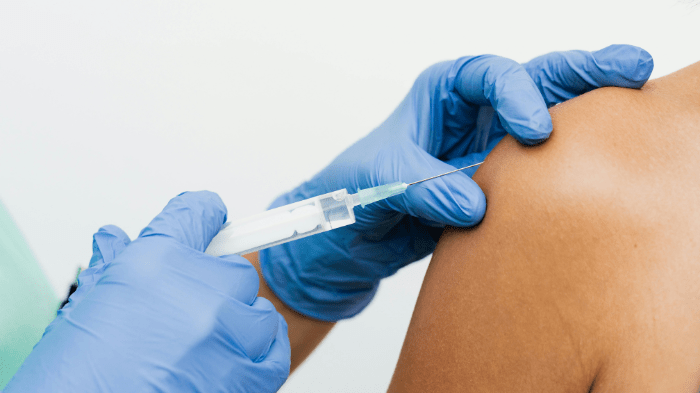
Is COVID-19 over?
Some big changes are coming to the support the government is providing to manage the impact of COVID-19 in the community.
- From 30 June 2024 people with COVID-19 will pay the full cost for clinical assessments in the community — including testing, and antiviral consultations.
- Practices will need to purchase PPE from private suppliers.
- Free RAT tests will continue until September 2024.
- Free vaccinations will continue for eligible people.
- COVID-19 antivirals will be free and available for people at a higher risk of severe illness.
It isn’t clear at the time of publishing (13 June 24) if pharmacies will still be able to deliver antivirals to people's homes.
Vaccination providers may also have a change in service agreements which may or may not have an impact on their processes.
This week 314 people are in hospital with COVID-19; 5,142 cases have been reported, and wastewater surveillance has indicated a surge in cases since April — higher than anything seen since January 2023 with predominance of the XBB strain.
Long COVID-19 cases are not reported, but anecdotally continue to emerge, and stories of chronic fatigue and pain certainly compel me to want to avoid catching this disease.
So, no! COVID-19 is not over!
I want to encourage practices to continue to triage patients, keep those with respiratory symptoms separate from others in your waiting rooms, and encourage mask wearing to all patients, especially those who are vulnerable to infection when in your surgeries.
PPE, although no longer funded, is still recommended when assessing patients with respiratory symptoms (patient wears a mask, you wear a mask) and when taking respiratory swabs (you wear an N95 mask and eye protection).
The message remains: stay safe out there, get vaccinated, self-isolate for five days if you have COVID-19 and stay home if you are unwell.
Dr Jo Scott-Jones
Clinical Director, Pinnacle
During the COVID-19 lockdown virtual consultations for POAC cases were funded. We are pleased to announce that this will be a permanent change.
Read moreThe latest guidance for health care workers who have respiratory illness published by Te Whatu Ora continue to encourage us to stay home if we are potentially infectious, to have some specific advice around COVID-19, and, the main message, "do the basics well".
Read moreVaccination for people and whānau eligible for COVID-19 vaccination.
View details